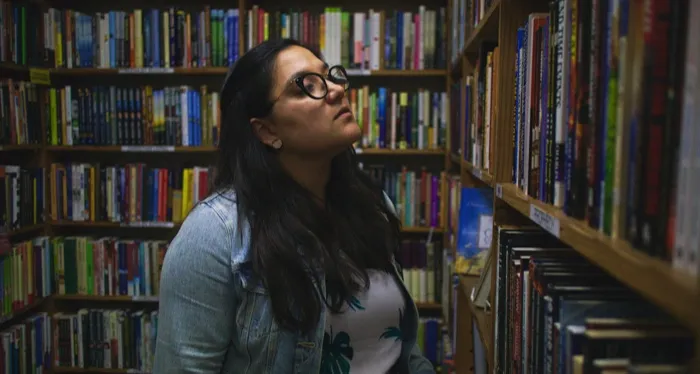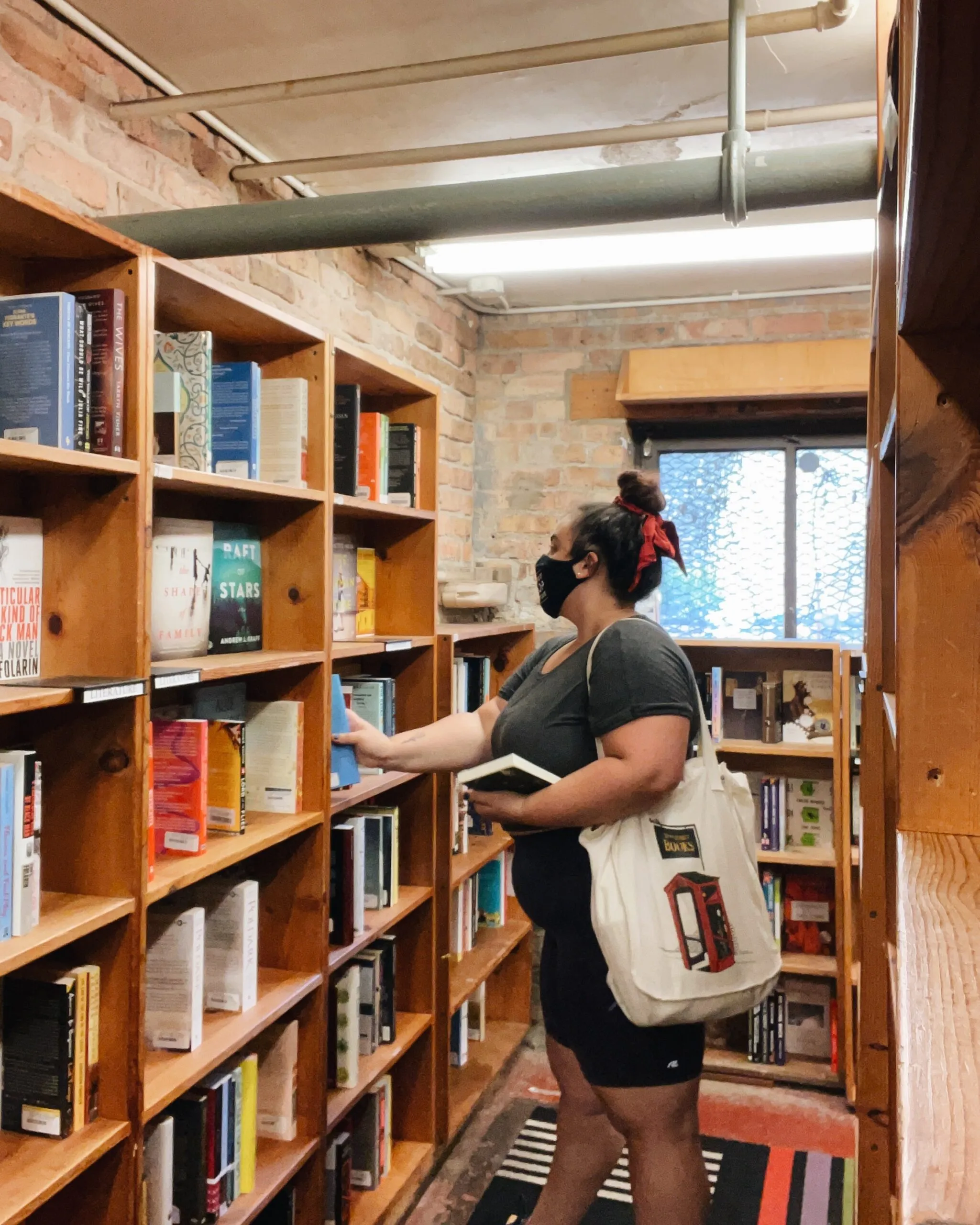
How Book Descriptions Can Ruin a Good Book
The back of a book can be magic. When I’m walking through a bookstore, browsing, picking up books, a book description is what draws me in and convinces me that this book really is the one I want to dig into. I’m not even the biggest Twilight fan, but that book has one of the best back covers of all time.
“About three things I was absolutely positive.
First, Edward was a vampire.
Second, there was a part of him — and I didn’t know how dominant that part might be — that thirsted for my blood.
Third, I was unconditionally and irrevocably in love with him.”
You have a great idea now of where this book is going to go. You know it’s a dangerous sort of supernatural romance. But you still have a lot of questions! For example, is Bella going to be okay? (Spoilers, but no. No, she is not going to be okay.) It tells you just enough, without giving anything away about the final fourth of the book.
So that’s the ideal outcome of a description. But now let’s discuss the problem children. Let’s break down the ways that those back cover descriptions can be misleading, counterproductive, and even ruin the book for you!

The Full Plot Summary
“But once Layla loses her magic, she and her long-time enemy will have to come together for any chance at saving her kidnapped lover.”
Sold. You check the book out and head home to start reading right away. But now you’re about halfway through the book, and Layla only just lost her magic. Okay, Layla’s lover has finally been kidnapped. But it’s not until you’re on page 335 of a 400 page book that her enemy finally comes over to her side to help. And it’s pretty clear that the writer worked hard to make this a huge twist.
The book description gave away so much that you were anticipating the twists long before they appeared. It spoiled the majority of the book, which the author worked pretty hard on.
That’s disappointing, but it was also confusing. You were left adrift, waiting for plot points that you knew were coming. You’re wondering when the protagonists will kiss (aren’t they described on the back as “lovers”?) or trying to figure out when the big betrayal will occur (it said right on the back that his mom is a dark magician). When the author is depending on the emotional impact or tense turn of a big twist, a book description has the power to spoil the plot’s flow.
The Tone Liar
“The princess and her maidservant are left waiting for the princess’s wedding to the King of Lordsbury. This tale of star-crossed lovers will tug at your heartstrings.”
Sign me up for a tragic romance! Two teens in love, destined to never be together, and probably one of them will die. Just a guess. Or maybe they’ll overcome overwhelming odds to escape their fate and somehow be together. But you know it will be a big, emotional romance, full of secret rendezvous in gardens and probably a masquerade ball.
Except you’re halfway through the book and it actually seems like this is more of a love triangle. The Princess is kind of into the King of Lordsbury. And the Princess really wants to use her political savvy to become queen, so her late-night make out sessions with the maidservant can’t be discovered, but she’s not about to run away from the crown. It’s not all that star-crossed. At the end of the book, the maidservant just kind of sadly leaves the castle. And the Queen is enjoying the sexual tension of ruling alongside the King of Lordsbury. So…not the vibe you thought you were getting.
A misleading implication of the tone or tropes of a story can ruin a book for you, because you’re looking for something that’s not going to be there. When you go into something that you’ve been told is a gothic romance, or a suspenseful thriller, or a romantic comedy, you expect certain things from the plot and characters. By the time you catch up and realize the descriptor was misleading, you’ve already spent a long stretch of time being puzzled about the tone.
The Excessive Tease
We all have that one friend. You’re going to see the big psychological thriller and she goes, “I won’t give anything away, but you’ll never guess the big twist!” and now you know to look for a big twist. Or you’re about to watch the newest Game of Thrones episode and she says, “I could not believe who died. No spoilers, but I could not believe it.” And now you have a little bit of an idea of who might die.
We’re readers! We’ve read a book or 500. So when we see a teasing question in the description, it can be a little too transparent for us. “But is it really the husband — or is there a killer still on the loose?” “But is the mother really who she says she is?” “But will she actually go through with the wedding?” I made those blurbs up, but I bet you know the answers to each of those questions.
A blurb can tell us too much without telling us. “The murderer is someone no one will expect.” Okay, with that knowledge, I’m going to suspect the sweet, unassuming roommate from page one. “Until a shocking tragedy occurs at their family lake house.” Now I’m reading this scene of tire swings and laughter with a lot of apprehension, when I’m pretty sure the writer wanted the sound of the rope snapping to knock me right in the chest.
In Sum: Be the Crab Cake
I get it, I do. The book descriptions want to give us that taste, draw us in, give us a sense of where the book will go. They want us to know what we’re getting into. But when they’re misleading, or when they give us too much, the descriptors on the back of the book can leave us disappointed or confused instead of satisfied. I don’t want to have to write in reviews, “Just don’t read the back of the book before you dive in!!!”
I want those back-of-book descriptions to be dreamy appetizers. The kind that give you a taste of how good the rest of the meal is going to be — not the kind where afterwards, you realize that the appetizer was the only good thing about the meal. Don’t let your blurb be the confusingly giant salad that makes me wonder if I should have just ordered the burger. Let your book descriptions be the crab cakes that prepare me for the best lobster ravioli I’ve ever had.











